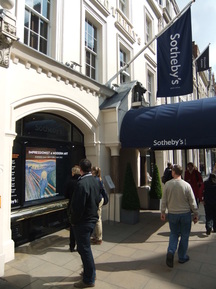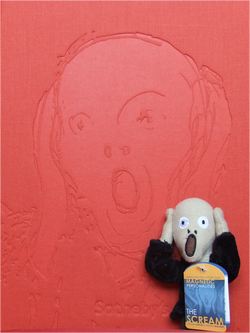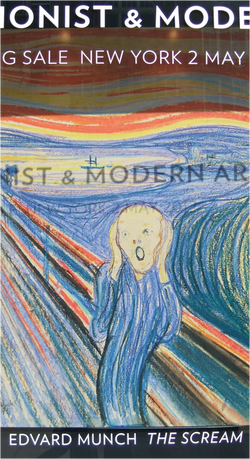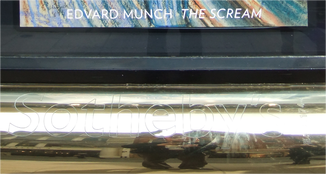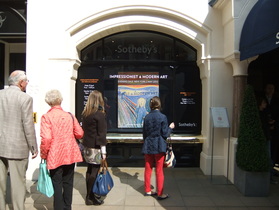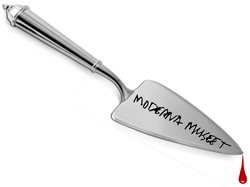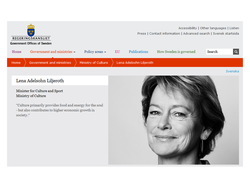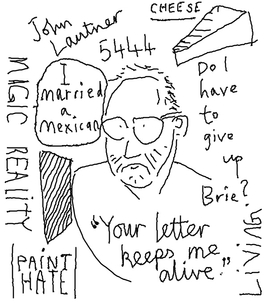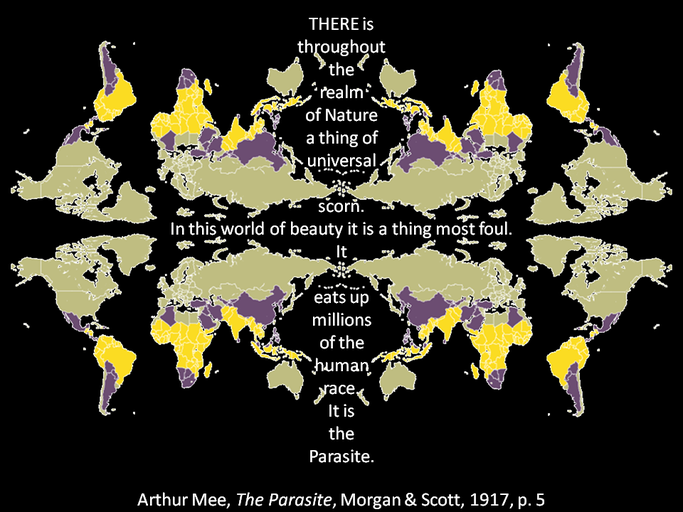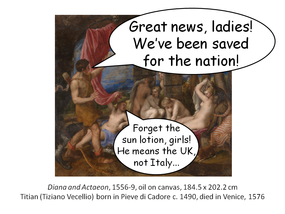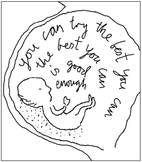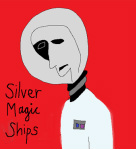
The first point of interest was Murdoch's insistence that "politicians go out of their way to impress people in the press".
This, he went on to add, was "part of the democratic process. All politicians on all sides like to have their views known by the editors or publishers of newspapers hoping they will be put across, hoping they will succeed in impressing people, that's the game."
Nevertheless, Mr Murdoch flatly denied ever asking for, or receiving, preferential treatment from politicians.
Is this to be believed? Well, consider this: in 1981, Rupert Murdoch was seeking to acquire The Times newspaper. Despite repeated and categorical denials, there is now evidence to show that he had a secret meeting about the matter with the then British Prime Minister Margaret Thatcher. It took place on 4th January 1981. Five weeks later her government sanctioned his take-over of The Times and The Sunday Times without referring it to the Monopolies and Mergers Commission.(1)
Now consider something else Murdoch told Leveson: "If politicians want my views they should read Sun editorials".
This is a tacit admission that Rupert Murdoch - as many people have long since argued - exerts a direct and decisive influence on the editorial opinions of his media outlets.
Remember that, aside from The Sun, Mr Murdoch's media empire owns, among other things, The Times, The Sunday Times and (until he culled it) The News of the World. Recall too that Murdoch's News Corp was within an ace of acquiring outright control of the satellite broadcaster BSkyB without the decision being referred to the Competition Commission.(2) This was thanks in large part to his incestuously close links to Prime Minister David Cameron and his cabinet colleagues such as Jeremy Hunt (Secretary of State for Culture, Olympics, Media and Sport) and the former Times journalist, Michael Gove (Secretary of State for Education).
For a single individual to control such a large chunk of the media landscape is wrong for precisely the reasons that Rupert Murdoch set out in his evidence to Leveson: "All politicians... like to have their views known by the editors or publishers of newspapers hoping... they will succeed in impressing people". How right he is: from Thatcher to Cameron via Blair and Brown - all have gone out of their way to impress Rupert Murdoch.
But Rupert Murdoch was fundamentally wrong about one thing: this is not "part of the democratic process".
It is the death of the democratic process.
This is why his media empire should be broken up.
How depressingly appropriate that it should fall to Murdoch's own evidence to Leveson for this case to be made rather than coming from the mouths of any of our fawning, self-serving and inherently unethical politicians.
___
Note
(1) Andrew McIntyre, "Thatcher and Murdoch met before Times acquisition", New Statesman, 19/03/2012, http://www.newstatesman.com/newspapers/2012/03/meeting-thatcher-murdoch-times.
(2) The matter was eventually referred - but only because of the phone-hacking scandal at the News of The World.



